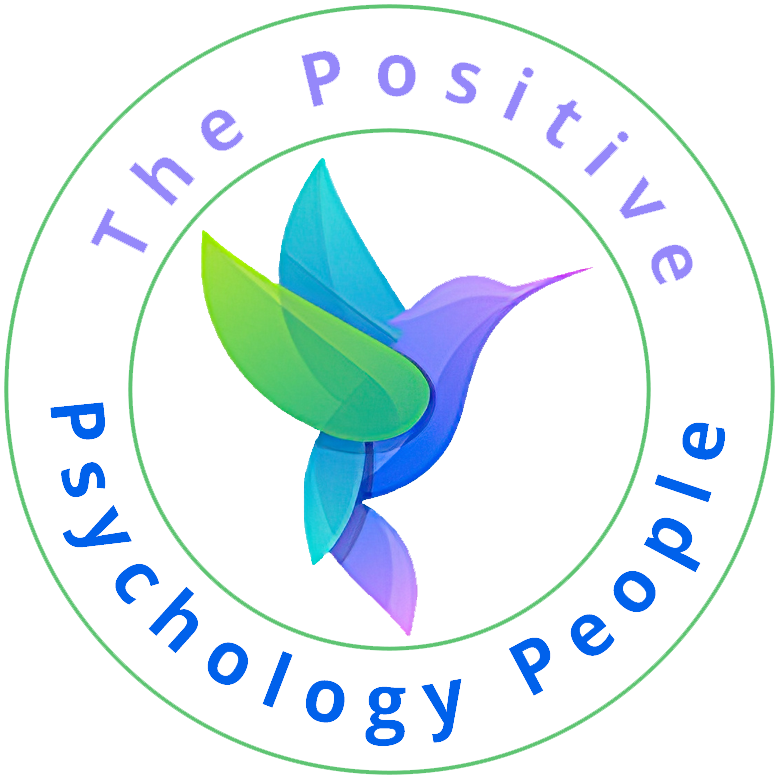Be honest… you get angry when virtually every driver you meet ploughs through traffic lights on red, right? Or when the ‘phone rings constantly with people trying to sell you something that you don’t want or need. Such daily annoyances can build up and lead to increasing stress levels and even anger: If you’re a regular driver like me you will probably see it most times you’re out driving: the term road rage has become part of everyday language. I used to think that expressing anger meant that you weren’t a very nice person and that getting angry wasn’t good – especially if you wanted people to like you. I don’t like feeling angry even when it’s completely justified and as a positive and optimistic person generally it doesn’t seem right.
Middle age seems to be a strange mix of being able to appreciate the bigger picture but getting less tolerant of injustice and what seems to be stupidity in others. I’m not an angry person but I do remember laughing out loud when watching the TV series Grumpy Old Women some years back and suspect that I could join in with the best of them now. Fortunately, my top character strengths include humour, love, kindness and perspective and my optimistic explanatory style are great balancers in my grumpy moments.
I studied Positive Psychology in my early fifties and gained so much from it, especially identifying my individual character strengths. (Free Character Strengths Survey: www.viacharacter.org) But I do remember a family member saying – as I was having a bit of a rant about something “Well that course didn’t work on you then did it?” But it is interesting to think… would be a good or a bad thing to be positive all the time?
Positive Psychology: It’s not just positive thinking
Even in academia – including psychology – there are misconceptions about Positive Psychology being positive and happy at all times and that Positive Psychology is nothing more than positive thinking. I have also observed Positive psychologists themselves trying very hard to distinguish themselves from the ‘positive thinking movement,’ implying that this is not a good thing. Even describing positive psychology as the science of happiness somehow devalues it, yet isn’t happiness the one universal desire across the world? Worse still, Positive Psychologists hate to be associated with so-called new age-y stuff or the self-help movement.
I get angry when alternative therapies – used by millions of people all over the world -are attacked as dismissed as woo-woo stuff by scientists, academics and even well-known comedians, or when ‘soft sciences’ such as psychology and sociology are considered inferior to ‘hard sciences’ like neuroscience. Meditation was dismissed in this vein until relatively recently and is now a mainstream research area and recommended practice for wellbeing.
The Matilda Principle
I call this The Matilda Principle as it reminds me of Danny Devito’s character Harry Wormwood as Matilda’s father in the children’s film:
“Listen, you little wiseacre: I’m smart, you’re dumb; I’m big, you’re little; I’m right, you’re wrong, and there’s nothing you can do about it.”
I believe Positive Psychology could be a bridge between different approaches to healthcare: I would love to see the day when each focusses on respecting and appreciating each other’s strengths rather than trying to make the other wrong and themselves right. Even a basic understanding of explanatory style explains that people have different approaches and perspectives. As a nursing sister for 20 years, holistic therapist for 24 years, with an MSc in Applied Positive Psychology, I appreciate the strengths in different approaches and believe they could complement each other in a more individualised healthcare system.
So getting angry is bad for you, right?
Kashdan and Biswas-Diener, (2015) explain that negative emotions are stronger than positive ones: bad is stronger than good and that anger often results from external events leaving us feeling unfairly treated or when we are prevented from accomplishing meaningful goals. Interestingly anger is associated with an optimistic outlook, can increase optimism, creativity and performance and lead to more successful negotiations and stimulating us to become ‘agents of change’.
Anger can be a healthy response but if chronic, repressed or unresolved it can sometimes compromise health and wellbeing. Kashdan and Biswas-Diener discuss how anger, guilt and self-doubt can be important emotions on the path to success and fulfilment. Anger can help us defend ourselves, our principles and those we care about; to maintain healthy boundaries and rarely leads to violence.
Embarrassment can be viewed as an early warning sign that we are about to make a mistake that could lead to feeling humiliation, and that corrective action is required. Guilt may signal a violation of our moral code and indicate that a behavioural adjustment is required and self-doubt can lead to identifying areas for improvement. Dealing with psychological discomfort and negative emotions positively (rather than avoiding them) can therefore lead to personal growth and success; so negative emotions can also serve a valuable function.
Using your Strengths can help
Although anger can have positive outcomes, it’s important to be mindful of personal triggers of anger and adopt healthy strategies for reframing and transforming it not just repressing negative feelings. Perhaps try using your individual character strengths more. For example:
Honesty (authenticity): be honest in your feelings – about yourself and others – be mindful of why you feel negative and what you can do about it. I can get irritated with other drivers ‘holding me up’ but I set off earlier…
Fairness: don’t let feelings bias decisions about others
Kindness: to yourself and others may reduce negative feelings
Perspective: take the bigger picture view
Judgement: think things through, be open-minded
Social intelligence: be aware of own /others feelings and motives
Forgiveness: accept others shortcomings, give second chances
Humour: be playful; make someone smile!
References
Kashdan, T. & Biswas-Diener, R., (2015). The power of negative emotion: How anger, guilt and self-doubt are essential to success and fulfilment. London: Oneworld Publications.

